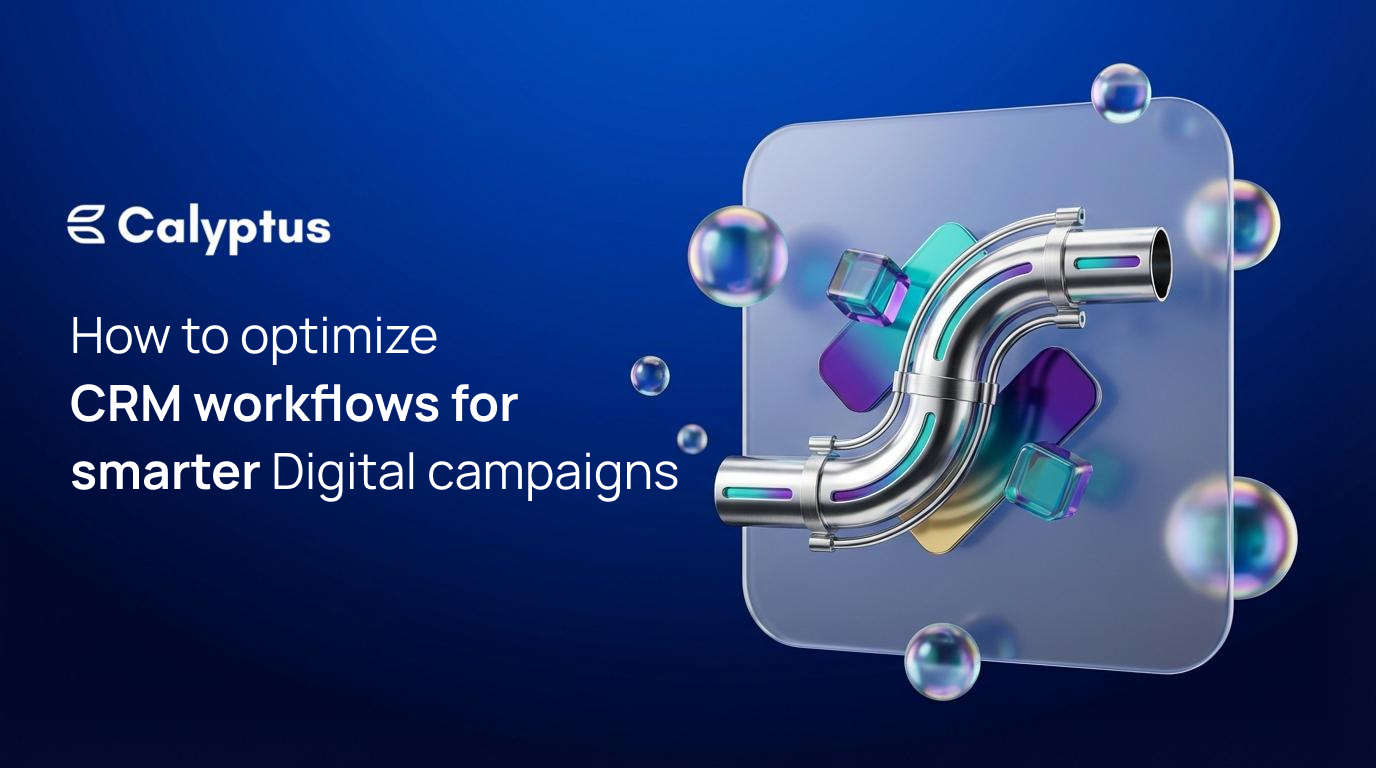In this edition of People Protocol, we sit down with Jin Tan, People Lead at Affinidi, who brings a refreshingly human lens to the evolving HR function. Jin calls himself a People Enabler, and it’s not just a title. From championing leaders who invest in their teams to hiring with conviction around Affinidi’s mission to decentralise data ownership, Jin shares powerful, no-fluff insights on building culture, trust, and leadership in a remote-first world. If you're a People leader navigating change, or just want to future-proof your talent strategy, this one’s for you.

I love that you describe your role at Affinidi as a “People Enabler”. What does enabling look like in practice, and how does it differ from traditional HR leadership?
Being a People Enabler is about helping people be at their best, believing the role of the People team is to steward the organisation in achieving this. If you hire the right people and give them the space to be brilliant, the organisational results will follow! Traditional HR is unfortunately stereotyped in paying people, mass training and setting the rules of what cannot be done. There is still a need for these, but traditions are not what will set a business up for a more successful future. An organisation that has an ‘enabling’ HR team looks at how we help everyone understand what is possible, and then assists each person getting there - all in service of the goals of the organisation.
You’ve worked across highly regulated industries like insurance and fast-paced consumer sectors. What principles have remained constant in your approach to people leadership, regardless of the sector?
My long held belief is that People are THE most important asset any business can have. Regardless of the industry, or a company’s level of maturity, it is the people working there that make the difference. An important principle for me stemming from this belief is that I choose to work with Leaders whom truly understand and believe this. Such leaders get the most out of me, and make me want to do my best. Where I see lip-service given to this, I very quickly struggle.
At Affinidi, you’re helping build a future where individuals own and control their data. How has that mission shaped your talent strategy and the kind of people you hire?
It has had an enormous impact! Especially in a start up environment where every hire counts, we are unapologetic in our recruitment practices to ensure that candidates believe in our mantra to 'change data ownership for good'. People with Affinidi must believe that there is a better way for information to be discovered, collected, stored, shared and monetised. The current model of data centralisation has worked until now - with many tech giants hugely successful because of it. As we can all see, the momentum to change from this centralised model is growing with security breaches and privacy abuses at an all-time high. In response, governments are enacting legislation to address these concerns. People with Affinidi need to believe in a better way, and then have the fortitude and perseverance to achieve it! Certainly not an easy ride, and not for everyone, but when we get there, we will have helped change the use of data for the better.
Employee engagement and talent retention have been core achievements throughout your career. What are your top strategies today for keeping teams motivated and committed in a remote-first, hybrid world?
The most important factor for me has, and continues to be, the role of the leader. You can have world class People practices, and if a team’s leader cannot deliver on their role in it, then the practices are worthless.When we promote from within, or hire leaders externally, we choose the people that have an innate need to make those around them better. They have to want to invest their time in helping others. As soon as you have this, it is easy for HR to steward these leaders in the practices that will enable them to keep their team motivated and committed. Whilst activities such as organisation wide stand ups, Builders downloads (sharing sessions), AMAs.. all of them help create the culture of the organisation, the team’s leader is still the most important strategic decision that will be made.
You’ve led people functions during times of intense growth and change. How do you support future leaders within an organisation before they’ve fully stepped into leadership roles?
You have to grow them. Whether it is development plans, stretch assignments, expanded responsibilities, supervision of others.. you have to consciously give a future leader the skills and experiences that will help them be able to do bigger roles. Importantly this also includes building the self confidence of the future leader. Some people have all the skills and knowledge, but not the confidence. (Which is much better than someone who has the confidence and none of the skills!) How the organisation supports future leaders when they fail is just as important – for the person that is learning, but also as a cue to others in the organisation about how you do, or don’t, treat people.
What’s one thing about the HR function that you believe will look completely different in 5 years and what should people leaders do now to prepare?
The level of connectedness at the personal level. As the HR profession has, rightly, become more focussed on data, there has also been a subtle shift of the People team becoming further apart from direct contact and engagement with the people across the organisation. This is reinforced by HR being seen as a cost, and downsized in many large organisations. As AI continues to reshape the workforce, interpersonal relationships will become a more important factor in the workplace.




